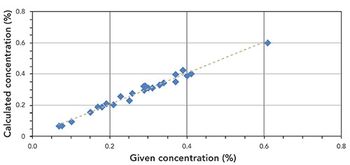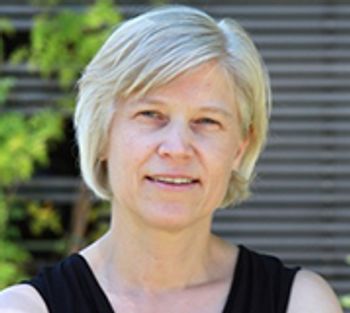
Special Issues
Click the title above to open the Spectroscopy November 2019 Supplement, X-Ray Spectroscopy Methods & Applications in an interactive PDF format.

Special Issues
Click the title above to open the Spectroscopy November 2019 Supplement, X-Ray Spectroscopy Methods & Applications in an interactive PDF format.

Special Issues
New excitation developments and advanced detector technology enable the use of EDXRF for multielement analysis of plant material and fertilizers, with improved detection limits and reduced measurement time. These features are combined with easy sample preparation and low cost of investment.

Special Issues
EDXRF offers potential advantages over ICP-OES for elemental analysis in agriculture. Karen Daly and Anna Fenelon of the Agriculture and Food Development Authority of Ireland spoke to us about their work investigating agricultural applications of this technique.

Special Issues
The accumulation of heavy and toxic elements in gallstones and kidney stones can be studied using WDXRF spectroscopy. Here, Vivek K. Singh of Shri Mata Vaishno Devi University in India talks about his work using this technique to understand the formation and content of these stones in the body.

Special Issues
Total-reflection X-Ray fluorescence analysis (TXRF) and grazing-incidence XRF (GIXRF) may be applied for surface and bulk trace element analysis of thin-layered systems. Burkhard Beckhoff of the Physikalisch-Technische Bundesanstalt (PTB) in Germany spoke to us about his recent work in this field.

Special Issues
Serial femtosecond crystallography is a promising new technique for protein structure determination, where a liquid stream containing protein crystals is intersected with a high-intensity X-ray free electron laser beam that is 109 times brighter than traditional synchrotron X-ray sources. We were recently able to interview Prof. Alexandra Ros, a FACSS Innovation Award winner from the 2018 SciX conference regarding her research work on this subject.